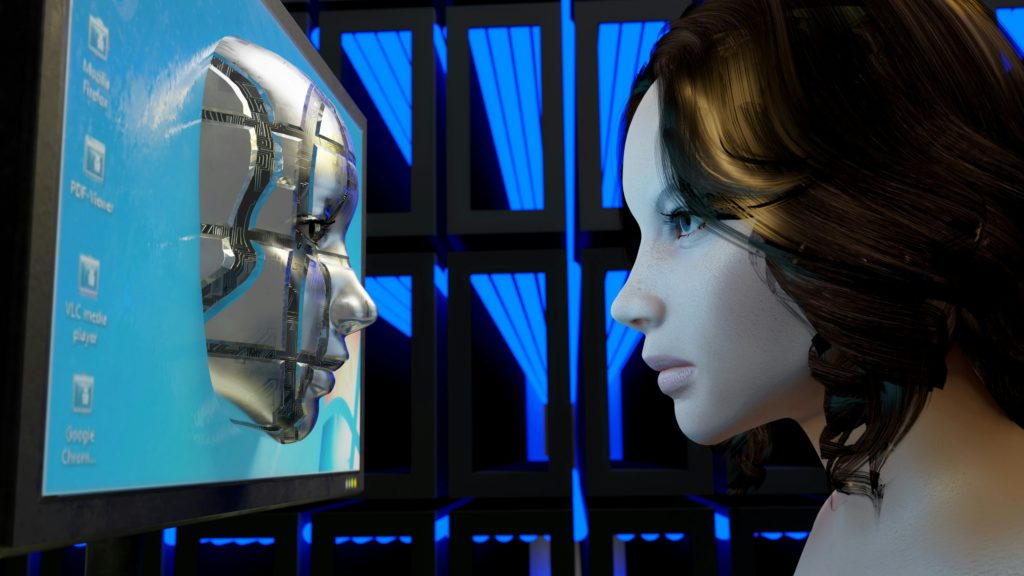Commercial Feature
Algorithmic Aesthetics: Is AI Changing the Way We Value Art?

Much is said about AI and its implementation in our daily lives. Most people have little experience and only know about ChatGPT, but the range of possibilities is much higher. One of the areas where AI is making a breakthrough is in image creation. People with experience in this will remember the days when the person in the images had 17 fingers and obscure, tangled hair, and spots on their faces, but these days are over. The quality of AI-generated images and content has gone through the roof, and with such high quality, it is relevant to ask if AI is changing the way we perceive and value art.
What is art?
For centuries, art has been debated among the elite and the common man. For some, art is paintings of the likes of Monet, rich in detail and with a calm and steady stroke, and for others, art is murals with graffiti tags on buildings in London’s East End. Art is in the eye of the beholder, so what is changing one person’s perception of art is not necessarily changing the perspective for another, but it is a fact that AI is changing something in the world of art.
Art is no longer defined by a brush
Any person that have been present online in one way or the other, have probably experienced some form of art created by a computer, whether it was controlled by a human in software or created by the prompt of a human. Before the internet, art was recognized as something created with one’s hands, and not with some strokes on the keyboard and some clicks on the mouse. Technology came, saw, and conquered the world of art, whether we like it or not. So our perception of art has already been changed, but how will it change with AI?
Technology has already changed art
AI is bound to change our perception of art if not now, then shortly. The development of AI is going very fast, but AI was not the first technology to change our perception. The Louvre has already used VR to change how to experience Mona Lisa, the iconic painting of Da Vinci. VR is one thing, AI another. When it comes to the possibilities of AI, they are endless, but they can’t stand alone. Even if AI is advanced, it is still dependent on humans telling it what to do. This can obviously change in the future, but to be honest, that is quite a scary thought.
The future of technology in art
Futurewise, AI will most likely stay a collaborative tool that expands the creative possibilities of humans, rather than directly replace humans. It is also likely that we will see different types of new hybrid art forms come into existence, where AI handles the technical execution whilst humans provide the vision and the emotional depth. Unless advancement goes beyond our imagination, humans will still play a key role in how art is made, so in the end, our change in perception will most likely come from other humans rather than AI.
 News / Uni redundancy consultation ‘falls short of legal duties’, unions say6 December 2025
News / Uni redundancy consultation ‘falls short of legal duties’, unions say6 December 2025 News / Cambridge students accused of ‘gleeful’ racist hate crime4 December 2025
News / Cambridge students accused of ‘gleeful’ racist hate crime4 December 2025 News / Researchers find five stages of brain development5 December 2025
News / Researchers find five stages of brain development5 December 2025 News / News In Brief: elevated prices, eliminated neutrinos, and enormous anacondas 7 December 2025
News / News In Brief: elevated prices, eliminated neutrinos, and enormous anacondas 7 December 2025 Music / The trials and tribulations of indie collabs 6 December 2025
Music / The trials and tribulations of indie collabs 6 December 2025





